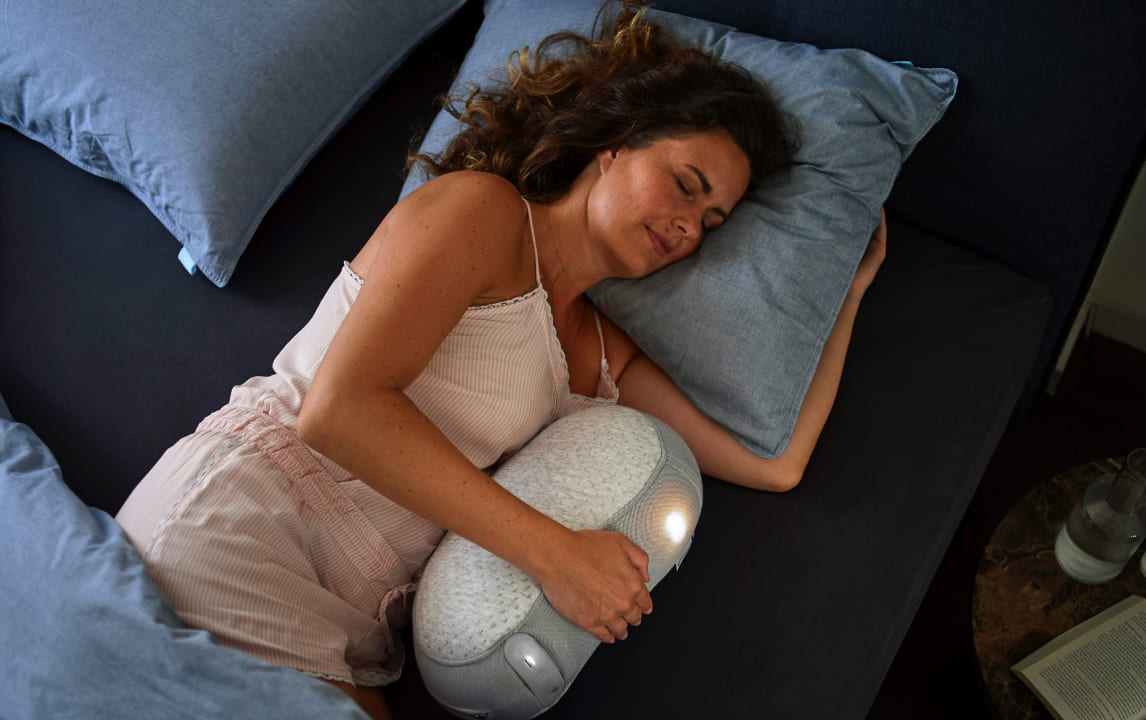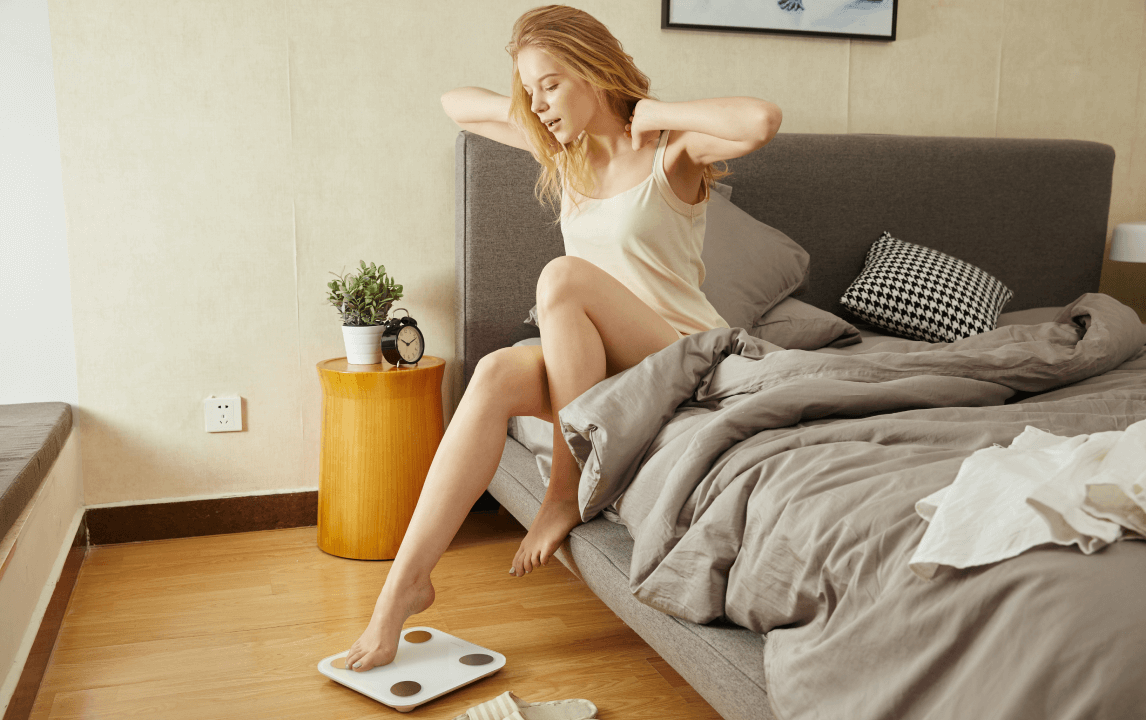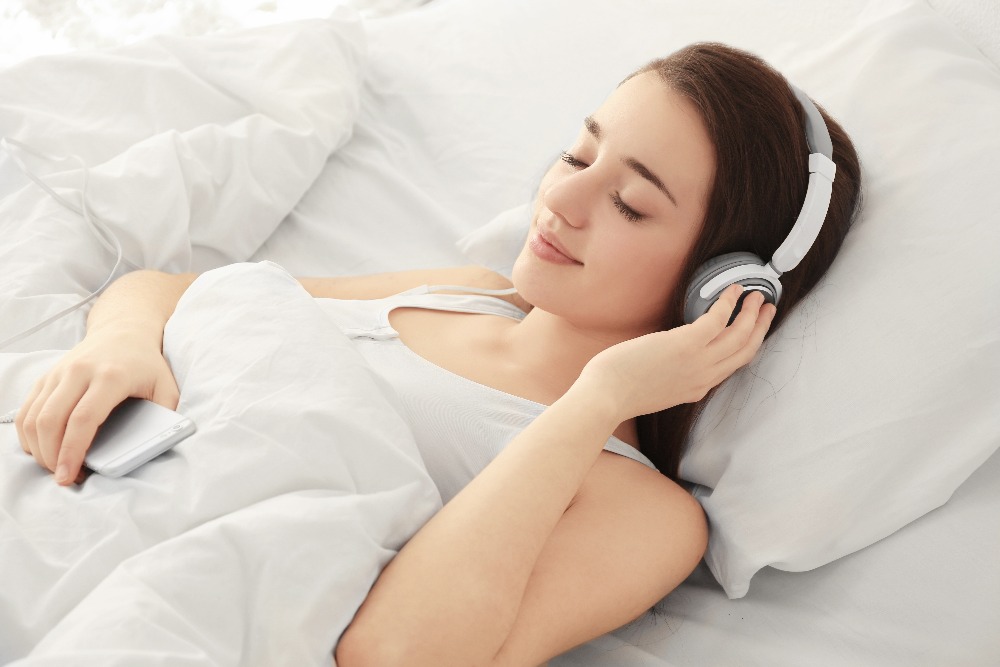*As an Amazon Associate I earn from qualifying purchases. This post contains affiliate links. If you want to buy sth related to health, lifestyle, daily necessities, you can get products at:https://amzn.to/4b4NAiT
When we stay up too late, get up late, or disturb our general sleep schedule, we often find ourselves oversleeping. Although these practices may cause negative side effects, knowing how to stop oversleeping and implementing these practices can change your trajectory throughout the day and your health.
What Is Oversleeping?
Oversleep is when someone makes an effort to wake up every morning and therefore sleeps in longer than they expected to wake up.it is when you sleep for more than 9 hours within a 24-hour period. While there may be times when getting more shut-eye is needed — like after burning the midnight oil for a project, or when you’re recovering from a cold or flu — oversleeping can also be a sign of other health issues.
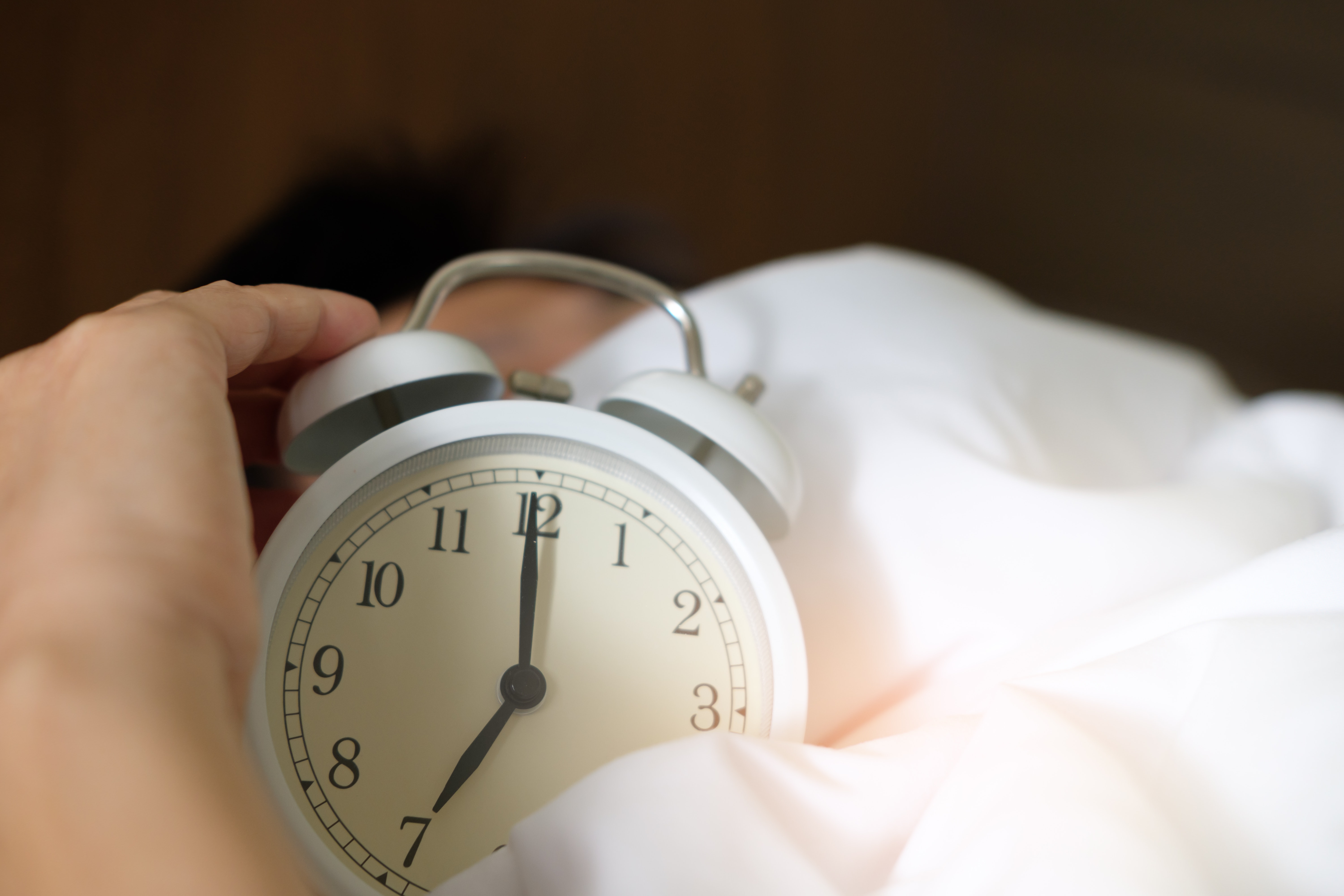
Why Are You Oversleeping?
Before we know how to stop oversleeping, we should first understand why we oversleep. When we suffer from a short-term illness that causes fatigue, such as a cold or flu, or we experience a busy, tired day, our bodies need more sleep. But there are also long-term or chronic conditions that can disrupt our sleep patterns and cause us to sleep too much, including:
Insomnia: inability to fall asleep or stay asleep
Sleep Apnea: A serious condition in which the airways become blocked and you temporarily stop breathing
Restless leg syndrome: A condition in which a patient has an urge to move his or her legs while resting
Narcolepsy: A condition that makes it difficult to stay awake for long periods of time
Inconsistent sleep schedules: Irregular sleep schedules put you at risk for multiple health conditions. Just as the body needs regular meals to stay healthy, it also needs regular, predictable sleep.
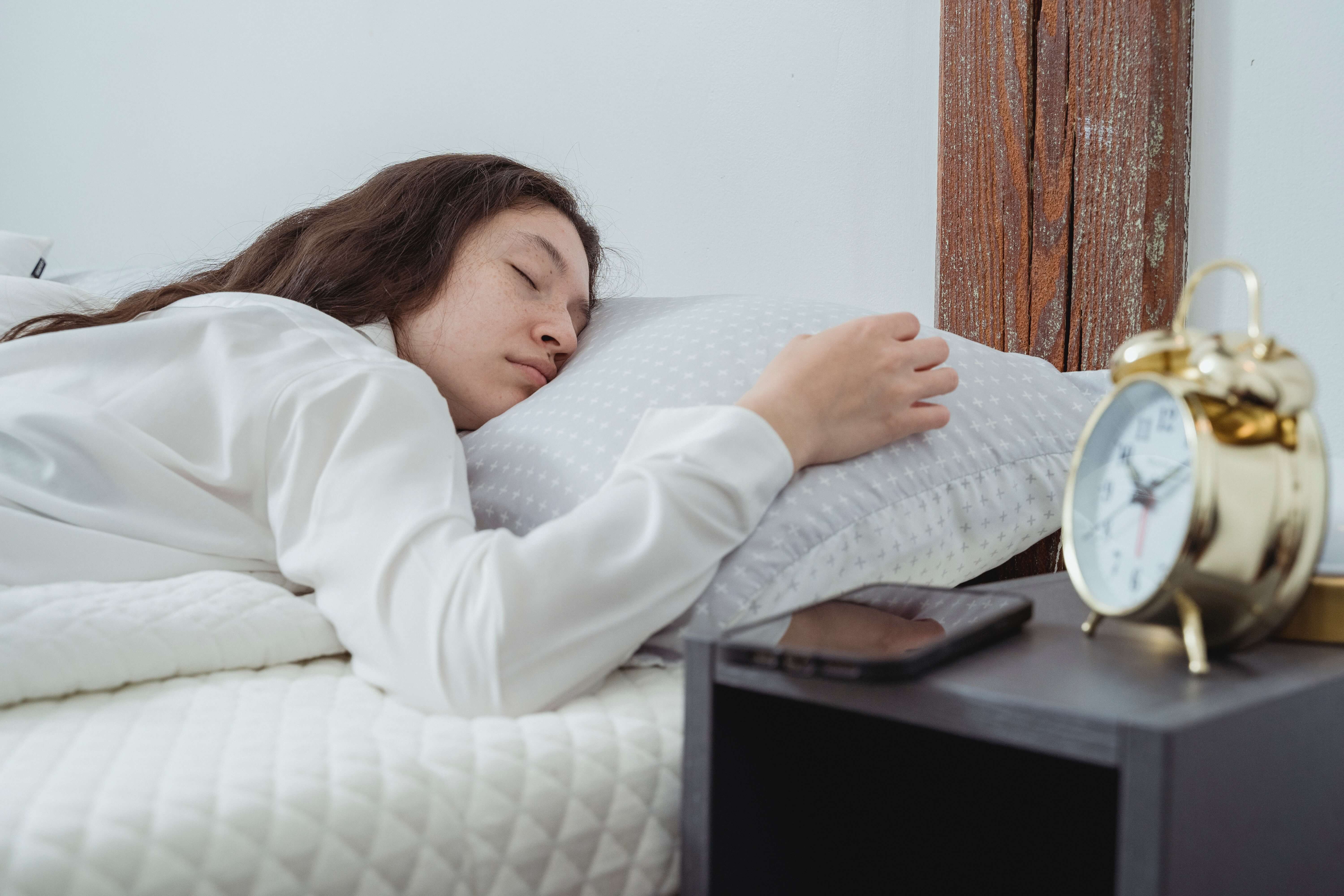
How to Stop Oversleeping
Many of us are prone to sleeping in and oversleeping. Pay attention to your sleep cycle and circadian clock to get rid of bad habits. Do we have a few tips on how to stop oversleeping.
It may seem simple, but one thing you can do is set a bedtime and wake time for yourself. This can help your body create its own schedule, thus helping you avoid sleeping too much or too little. You could even try a meditation app to help your body wind down before bedtime.
Being able to fall asleep at your desired bedtime can also help you wake up at your desired time, as you’ll be getting the right amount of sleep for your body. By creating an environment primed for sleep, you can encourage your body and brain to relax, which can help you fall asleep easier.
- Keep a Sleep Journal
Sleep journals are an excellent way to track how you sleep under different circumstances. By writing down details about your surroundings or activities before falling asleep, you can better assess what you should change or keep the same. Mintal Tracker helps you keep a sleep Journal
- Avoid Oversleeping on the Weekends
We know — sleeping in on the weekends can sometimes feel like a mini-vacation. However, sleeping longer than normal on the weekends can be detrimental to your sleeping routine and health.
- Put Technology Away
Putting your technology away before bed can also help you stop oversleeping. light of any kind poorly affects the production of melatonin — a hormone produced to control the sleep-wake cycle — but blue light, in particular, does so even more powerfully.
- Create Healthy Eating Habits During the Day
Believe it or not, the way you eat throughout the day can help or hinder your sleep. From the amount of caffeine you consume to the types of nutrients you’re giving your body — it all matters.
- Avoid Napping
Sleeping too much, even if it’s broken up at different points throughout the day, can make you feel even more tired or groggy than if you hadn’t napped at all. To help keep yourself awake during the day, drink plenty of water to stay hydrated.
- Exercise During the Day
While there’s no definite, scientific answer for exactly how exercise improves sleep, there is a correlation between exercise and the amount of deep sleep you get. By exercising during the day, you prepare your body for deep sleep at night, which will help you wake up better in the morning.

An alarm clock may be a necessary part of waking up in the morning, but if you use it wisely, you won’t need the snooze button. If you find yourself waking up tired or restless despite getting enough sleep, it’s important to discuss your concerns with your doctor or seek help from a board-certified sleep medicine physician.


